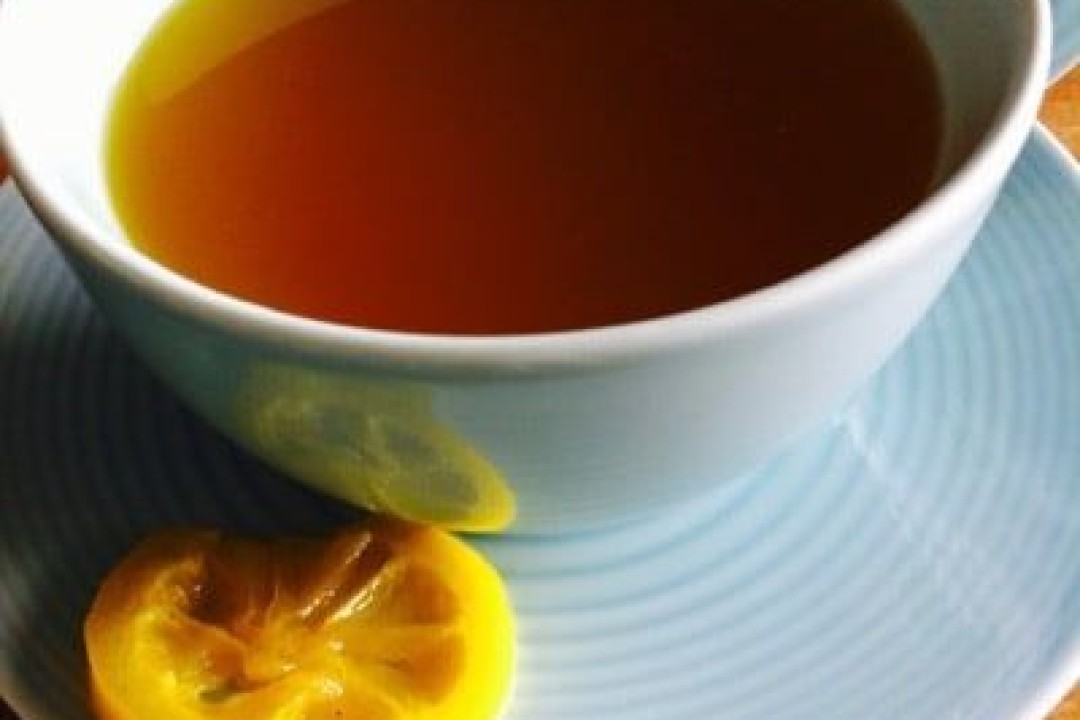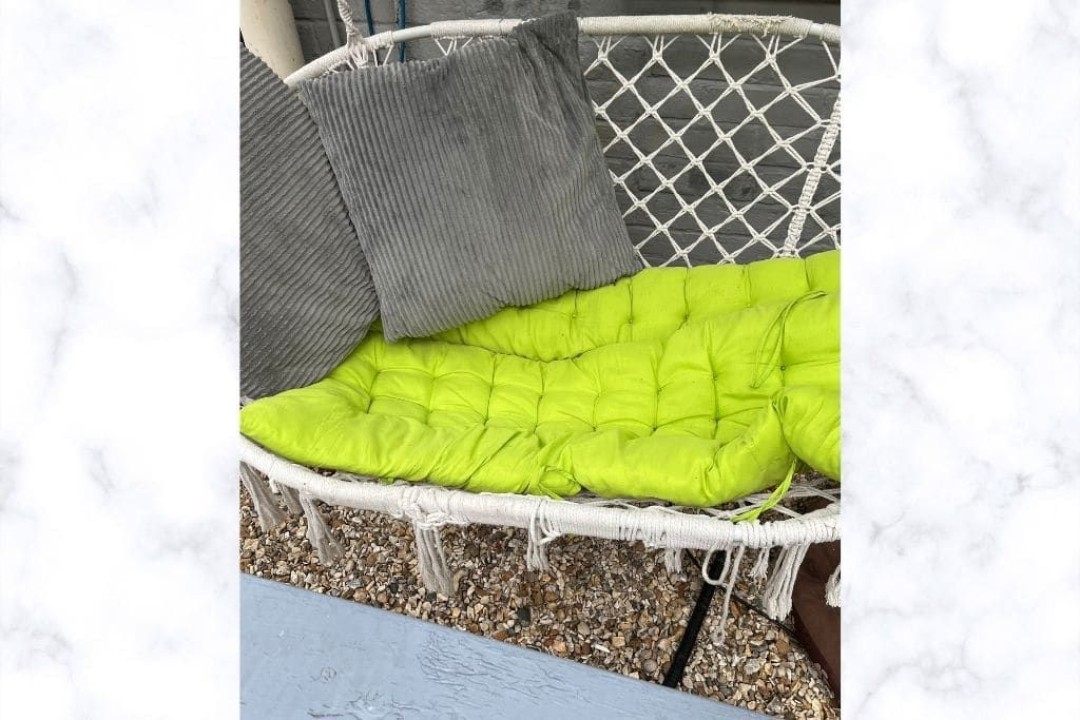Sober Story: Mary LA
June 29th, 2018 Interviews 7 comments
This week’s Sober Story comes from Mary LA. She’s in her early 50’s and lives in Southern Africa.
===========
Mrs D: How long have you been in recovery?
Mary LA: Ten years – I sobered up on 17 March 2007.
Mrs D: What can you tell us about the last months/years of your drinking before you gave up?
Mary LA: It was a miserable time – I felt out of control when I was sober and when I was drinking, There was no pleasure left in drinking, no euphoria or lift. At the same time I felt I had to drink, that I would fall apart if I wasn’t numbed by drink.
Mrs D: What was the final straw that led you to get sober?
Mary LA: I began to think seriously about suicide because I was so depressed and sleepless. I wasn’t sure the depression was just about the drinking but I did realise the drinking was a big part of the problem.
Mrs D: How was it for you in the early days? What was most difficult?
Mary LA: Often that first year I felt nothing, just numb. Years of daily drinking had buried my real feelings – my capacity to feel — under a layer of concrete. In the last years I had had to get drunk to find out how I was feeling. So I was like a zombie for the first few months, with occasional fits of inward rage that scared the hell out of me. I didn’t know who I was, sober. I hadn’t met myself sober in decades. That was scary. When things went well, I wanted to drink. When things went badly, I wanted to drink. When I was bored, I wanted to drink. Drinking was my one-size-fits-all solution to life. The cravings and urges at first were intense and strong but short-lived so I learned to distract myself and not try to stuff myself with sugar as a substitute. I understood from a friend who is an endocrinologist that when we stop drinking our blood sugar levels are a mess and sugar cravings can be as troubling as the urge to drink. I ate more fruit than usual but also did more exercise and meditated each morning, teaching myself relaxation techniques and breathwork.
Mrs D: What reaction did you get from family & friends when you started getting sober?
Mary LA: Many of those around me didn’t know I drank. They knew I was depressed and withdrawn but didn’t know why. For some years I’d been a very secret solitary drinker. People often say, “Oh drinking is an open secret – everyone really knew all about it.” But in my case they didn’t and were shocked to hear. I began by confiding in close friends and people whom I could trust. I didn’t ask them to help me manage my not-drinking or stop me from drinking. I just asked for supportive company and a sounding board. Everyone I turned to wanted to help, they were kind and non-judgmental. The most useful suggestions came from people who’d sobered up themselves and rebuilt their lives.
Mrs D: Experts say relapse is often a part of recovery, was it a feature of yours?
Mary LA: No I haven’t experienced relapse. What might have helped me stay sober continuously through the years is that deep down I want with all my heart to be free within and not dependent on alcohol. I hated feeling enslaved by the need to drink and towards the end of my drinking I was desperate to stop. And it has helped that over the years when I looked back at the drinking memories, I could see how the same miserable self-defeating patterns come up again and again. I’d hate to go back there and a relapse would just mean having to sober up all over again. Or lose another decade of my life. Drinking is never a solution and I’ve accepted that in a profound sense. If I have, say, three problems to deal with this week in my sober life, drinking would make it four problems. If I have six problems, drinking would make it seven.
Mrs D: How long did it take for things to start to calm down for you emotionally & physically?
Mary LA: I levelled out after about 18 months, I’d say. That was a relief.
Mrs D: How hard was it getting used to socialising sober?
Mary LA: I’d been a secret drinker, so not drinking in public wasn’t that hard. What surprised me was that I began to enjoy social interactions much more in sobriety – instead of just waiting to get home and open some wine for myself.
Mrs D: Was there anything surprising that you learned about yourself when you stopped drinking?
Mary LA: Yes, I discovered that I took to meditation like a duck to water. That startled me. Grounding myself in silence early each morning is my way of beginning the day. And I realised that I am a creative kind of person who needs to do creative things in my life. When I was drinking, I swung back and forth between thinking I was brilliant and misunderstood in an unreal grandiose way or thinking I was useless and hardwired for failure. Sober I found how to follow my passion and get better at writing and painting.
Mrs D: How did your life change?
Mary LA: After a while the feelings came back and they seesawed, my mood swings were extreme and alarming. This is common in early sobriety and most of my sober friends have been through this. I was tearful, irrational, angry, restless, a little manic. Not the easiest person to be around! Then my mind grew back and I could think more clearly, make better decisions, concentrate for longer periods. In some ways my life didn’t change that much outwardly. After a few zigzags in my first year, I settled down and went on writing and freelancing, I went on growing plants and walking dogs and cooking, travelling around southern Africa and overseas, listening to music and having supper with friends, surrounding myself with other writers and artists. The big difference is that I was there, present to my own life and for that reason the quality of my life improved hugely. Your life can’t not change if you are sober — you are able to act on opportunities simply because you feel well enough in the mornings, you answer the door, you pay attention, you feel confident enough to make mistakes. A life taken up with drinking is like extreme tunnel vision, you can’t see further than the next drink.
Mrs D: What are the main benefits that emerged for you from getting sober?
Mary LA: Self-respect is the big gain here. In sobriety I was no longer divided against myself, I wasn’t self-sabotaging, I wasn’t hiding away drinking or lying about drinking. When I stopped having to protect the drinking, another me came out of the shadows.
Mrs D: Would you do anything differently given the chance to go through the process again?
Mary LA: Oh I’m sure I’d do it all differently and not make silly mistakes and make better life choices and not fall in love after four months sober and behave like an idiot, etc! But you know, I did what I did and I kept going. I went a bit crazy and I muddled through bad patches and my weight yo-yo-ed about for a while. That’s the past. While I was drinking, I was trapped in maudlin regrets about the past and wanting a different but unrealistic future, drinking away the present. What interests me now is the present, the here and nowness of my sober life.
Mrs D: What advice or tips would you have for those who are just starting on this journey?
Mary LA: The single biggest reason I didn’t sober up for so long was that I underestimated my dependence on alcohol, the hold drinking had over me. I convinced myself my drinking wasn’t that bad. I lied to myself about how much I drank. I was completely ignorant about alcoholism and addiction and chose not to find out more. Like many others, I had a meandering not linear alcohol dependence: I could stop drinking at any time but sooner or later I always started again. I kept hoping the drinking would stop by itself. It didn’t. Only you know what works to help you stay stopped. If something doesn’t work, try something else, try harder. Don’t give up on yourself. Ask for help and keep asking. I thought it was all up to me when it came to stopping, that I had to do it alone. What helped was letting others in. Sober friends, not necessarily mentors or counsellors or sponsors, have walked alongside me on this path of recovery.
How much should we tell others in early days? It is important to be self-protective because alcoholism is stigmatised and misunderstood. At the same time, ‘telling’ on yourself is one way to stop the old patterns from recurring. When I was drinking, I comforted myself with the ideal ‘nobody’ knew how much I was drinking. It didn’t occur to me that I was somebody who knew because I was a nobody in my own eyes. Skilled therapy can be painful but not as painful as stuckness and repetition. Like many of us, I had a traumatic childhood and there were things I didn’t understand about my behaviour and emotions. That’s what therapy is for, giving us better skills and tools in sobriety.
Continue reading
Health Tea
Lovely warm and soothing drink, also delicious served cold!
February 22, 2025 – 1 comment
Success Reminders
I had the good fortune to meet @Watergirl at my Drug Foundation talk and I can confirm she gives good hugs and wears lovely jewellery…!
September 3, 2014 – 17 comments
My Sober Pandemic: Beth
“My family know that I will not put my sobriety at risk under any circumstance, so if there is something I feel would put that in danger, then I don’t do it.” ========= This pandemic sobriety story comes from Beth M who lives on the South Coast of England.
January 7, 2022 – 6 comments
Letting the world know all about us!!
I’ve just had a new article published on The Fix – another addiction and recovery website you should know about (if you don’t already).
August 21, 2014 – 15 comments

